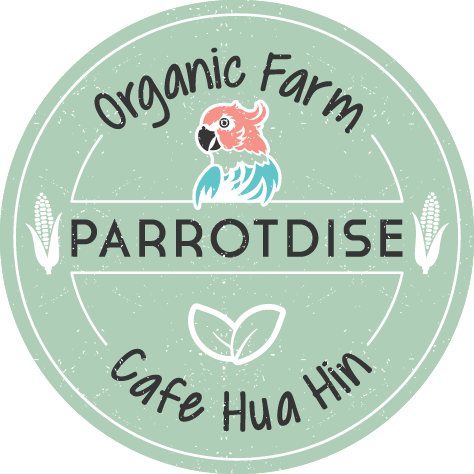Everything about organic farming
Organic farming has been around for centuries, but it has only recently started to gain traction in the mainstream. With the rise of health consciousness and sustainability, more and more people are interested in organic produce. But what exactly is organic farming? In this blog post, we will explore everything about organic farming, from its history to its benefits. Read on to learn more about this type of agriculture and how it can be beneficial for both you and the environment.
What is organic farming?
Organic farming is an agricultural production system that does not use synthetic inputs such as fertilizers or pesticides. Organic farmers rely on crop rotation, green manure, and compost to maintain soil productivity and fertility, and on biological pest control to manage pests and diseases.
Organic agriculture has a long history. It was the primary form of agriculture until the mid-20th century, when it began to be replaced by conventional farming practices. In the United States, organic agriculture accounted for about 3 percent of total agricultural land in 2012.
The main benefits of organic farming are that it is environmentally sustainable and that it produces food that is healthier for consumers. Organic farming is also generally more labor-intensive than conventional farming, which can make it more expensive.
The history of organic farming
The practice of organic farming has a long and storied history, dating back to ancient times. In the early days of agriculture, farmers relied on organic methods to grow their crops. These methods included using natural fertilizers like animal manure and using crop rotation to replenish the soil.
As the industrial revolution took hold in the 18th and 19th centuries, chemical-based farming methods began to take precedence over organic ones. Farmers began using synthetic fertilizers and pesticides, which made it easier to produce larger yields. However, these chemicals also had negative side effects, such as polluting the environment and harming wildlife.
In the mid-20th century, a movement began to revive interest in organic farming practices. This was driven in part by concerns about the negative effects of chemicals on the environment, as well as a desire to return to more natural methods of food production. Today, organic farming is practiced all over the world, and its popularity continues to grow.
The benefits of organic farming
Organic farming has many benefits that make it a great choice for farmers and consumers alike. For farmers, organic farming can improve soil health, reduce water usage, and decrease the overall amount of inputs needed to produce a crop. These benefits lead to decreased costs and increased profits for farmers. For consumers, organic food is often perceived as being more nutritious and safer to eat than non-organic food. Additionally, organic farming is better for the environment, as it reduces pollution and supports biodiversity.
The challenges of organic farming
Organic farming is not without its challenges. Perhaps the biggest challenge is the reliance on natural processes, which can be unpredictable and subject to the whims of Mother Nature. This means that organic farmers must be extra vigilant and nimble in their practices, always ready to adapt to whatever conditions the growing season throws their way.
Another challenge faced by organic farmers is the lack of approved synthetic inputs. This means that they must carefully select each input used on their farm, making sure it meets organic standards. This can be time-consuming and difficult, as there are often few organic-approved options available.
Finally, organic farmers must contend with lower overall yields than their conventional counterparts. This is due to several factors, including the fact that organically grown crops are typically smaller in size and fewer in number than conventionally grown crops. Additionally, organic farmers often have to deal with more pests and diseases, as they cannot use synthetic pesticides and herbicides to keep them at bay.
Despite these challenges, many farmers find that the benefits of organic farming outweigh the difficulties. They take pride in producing food in a sustainable and environmentally friendly way, knowing that they are part of a movement that is making a positive impact on our planet.
The future of organic farming
In the future, organic farming will continue to be a vital part of sustainable agriculture. As the population grows and the demand for food increases, farmers will need to find ways to produce more food with fewer resources. Organic farming is one of the most efficient and sustainable ways to produce food.
Organic farmers use practices that conserve energy, protect water resources, and build healthy soil. These practices help reduce pollution, minimize chemical use, and preserve our natural resources. As the demand for organic foods continues to grow, farmers will need to find ways to increase production while maintaining these high standards.
Technology will play a big role in the future of organic farming. Farmers are already using GPS systems and precision irrigation to improve efficiency and reduce inputs. New varieties of crops are being developed that are better suited for organic production. And farmers are finding new markets for their products, such as online sales and community-supported agriculture.
The future of organic farming is bright. By using sound environmental practices, organic farmers can help feed the world while protecting our natural resources.
Conclusion
Organic farming is a great way to produce healthy, nutritious food while being kind to the environment. It is important to remember, however, that organic farming is not without its challenges. Farmers need to be knowledgeable about organic standards and practices, and they need to be willing to invest the time and effort required to meet those standards. But for those who are up for the challenge, organic farming can be a very rewarding experience.

